According to the stunning new documentary, “The Grab,” the purchase of Smithfield Foods and the war in Ukraine are examples of how other countries are gaining control of food and water as a means of seizing power.
“There are people capitalizing on the scarcity and looking to grab up what is left for themselves at the expense of other people.”
Director Gabriela Cowperthwaite’s alarming film, which is receiving its World Premiere at the Toronto Film Festival, follows Nate Halverson, from the Center for Investigative Reporting, and presents a series of case studies that show the human cost of hidden deals that consolidate control of food and water. One infuriating example is how Saudi Arabia has invested in farmland in La Paz County, Arizona where there are no regulations for pumping water. As such, the Saudis “drink the milkshake” of the residents by sucking the water dry to grow hay to ship back to the Middle East to feed their own cows (and people). Meanwhile, the residents of La Paz County are seeing their wells run dry.
Nebraska farmers are moving to Russia to help with a rodeo, one of Putin’s aims. In Zambia, it is colonization all over again as farmers are being displaced by private military companies investing in Africa to mine their land, an untapped resource. Climate change is also a factor impacting the geopolitics of food and water.
Cowperthwaite’s film plays out like a thriller as it involves Halverson getting a cache of secret emails — dubbed “The Trove” — that connect some of the dots. He and his investigative team is also denied entry into Zambia, and interviews with possible whistleblowers are canceled. But they persist, following the money and making contacts to show the horrific ramifications of what happens as countries start to use food as a weapon.
“The Grab” does, however, end with some hopeful options. Cowperthwaite spoke with Salon about making her new documentary.
Nate says he was looking into pigs and seven years later, he was connecting it to technology that makes people invisible. How did you find this story, how long did you work on the film, and did you have any idea where it would lead?
I worked on it for six years. It was a little convoluted. I came on board a year after the Smithfield pigs story Nate reported on. He was starting to see different versions of food and water scarcity bear themselves out across the globe. The Center for Investigative Reporting introduced the topic to me as a look at impending starvation. That was the lens they were using. I began by asking questions, and Nate had done so much research he was answering them at the ready. There was a moment when I realized this isn’t an existential environmental story, where the world is heading into this void; this is human agency. There are people capitalizing on the scarcity and looking to grab up what is left for themselves at the expense of other people. It’s a story almost more about equality than food and water scarcity disaster.
Can you talk about the case studies you present in the film? What decisions did you make about what examples to include?
What keeps Nate and me up at night, especially Nate, because he’s been reporting on this for so long, is what we didn’t include. I felt the Arizona story was so strong because it was so accessible and clear. There are people who don’t have a ton of money seeing that their wells are dry and not understanding why. They go to meetings and ask questions, and what they are starting to learn is another country is tapping the aquifer at a fast rate to feed their cows in Saudi Arabia.
“I wanted to start with food and water and depleting aquifers, and what was mind-boggling to me was the world conflict element – how this leads to war.”
It was such a clear, socioeconomic example. It’s easy when you have enough money and power to pull one over on an entire community. That is not to say it was done on purpose, or purposely insidious, but look how easy it to grab what’s underneath [the earth] without anyone knowing what is happening. That was startling.
There were other stories that were good. One hit the edit floor really late. The GERD, the Grand Ethiopian Renaissance Dam, which is, geopolitically, one of the most fragile areas in the world where all superpowers will have to get involved if something happens there. If Ethiopia dams off the Nile, that water won’t get to Egypt as plentifully. That will starve Egyptians and hurt their farmers. That is happening in real time right now. Every country is worried and thinking about this.
This is where World War III starts. It’s so complicated and there are so many players. It was tough to include because it’s convoluted, and I only have 90 minutes. I have to deliver information in bouillon cubes and keep it digestible and hold [viewers’] interest. I have to be super responsible and not overload them. There was enough information to make a series.
“People would ghost us … when they realized the scope of what we were trying to do, they would cancel interviews or just not call back.”
Nate talks about telling the story right and on a massive scale. What can you say about creating the narrative which takes all kinds of turns, from including a segment on the Great Famine in China, which is historical, as well as interest groups that prey on depleting resources in Africa and Putin’s invasion of the Ukraine?
I wanted this to be a geopolitical thriller. I didn’t want this to feel completely pedantic or that we had all the answers. I wanted audiences to feel that they were part of the investigative reporting that was unfolding before them in the same way that it was unfolding before us. That is an exciting narrative in general. There is something important about audiences feeling they are uncovering it with you. We’re not smarter than anyone watching this. Nate is unearthing things because it’s his job. People should feel they have a front row seat to this journey, and that helps keep everyone attention through some dense and intense information. That helped drive the narrative trajectory.
People follow what we did in real time. I wanted to start with food and water and depleting aquifers, and what was mind-boggling to me was the world conflict element – how this leads to war. It can be a zero-sum game. When the powerful have more themselves, others have less. Hungry people rise up, and this is bad for the world — not just that country. It becomes an international crisis. When populations starving across the globe affects us at our doorstep. That brings disease, refugees, bare shelves in the grocery store, and prices going up. We will have to get involved. It’s an international security issue. That was the portal of interest into guns, invisibility cloaks, defense, and how this whole issue is pushed into the conflict space.
Edward Hargroves, of Goldcrest Farm Trust, gives an interesting pair of interviews. Some interviewees are very forthcoming. You get access to meetings and in some cases, you run into roadblocks. What can you say about coordinating the people and meetings and stories you filmed?
Nobody knows this more than a reporter, but that was one of the biggest challenges by far. People would ghost us when they realized we were butting up against very powerful people. When they realized the scope of what we were trying to do, they would cancel interviews or just not call back. Everybody realizes the stakes here. We didn’t leave too many stones unturned when it came to unearth the powerful entities who are trying to grab up the final arable land left on the planet. That’s why it took six years. Potential interviewees were running from us. They said, “I can talk about my area, but I don’t want to go there.” There are hornet’s nests people don’t want to poke. My previous documentary, “Blackfish” was a David vs. Goliath story that focused on one corporation. This film, we have a lot of Goliaths.
You also call out folks like Erik Prince, who probably wouldn’t talk with you for the film. Are there dangers in exposing the connections you do with the Saudi Prince or with Putin?
Another thing that took a long time and was a variable in this film taking six years, was how airtight the information had to be. There is no room for us to be slipping or not reporting out every single fact. Nate and his team combed through every word. Going after the trove of emails, we were trying to figure out a pretty specific thing who is grabbing up arable land, where they are doing it, and how. I was never privy to the entire thing. We were very disciplined and surgical about it. We didn’t mine for anything that wasn’t germane to the film. It’s reporting discipline exercised by the team, especially Nate, and we were able to create a document we can stand by. Legal went over it and over it. I have never had a documentary this combed over by legal, but it was incredibly important to get the facts right. It took a while.
“The Grab” does offer some calls to action. What is the possible impact your film will have to foment change?
The main one is arming everyone with information. Do you understand more now about how the world works? Did it feed your brain even a little bit? The hardest thing is that part of it. With “Blackfish,” it was just don’t go to SeaWorld. The first part of “The Grab” is scope. The U.S. has zero water strategy, and no one is looking at it as a National Security issue, or rewriting water laws that are centuries old made at a time when we had fewer people and thought we had resources that were limitless. Any time people see legislation tackling the water issue, please read it and get involved. The other thing is the entire food system needs to be rewritten, we need regenerative agriculture and understand this system differently. Not buy food that is out of season. All this stuff we heard before, but I hope now it has bigger context and makes more sense.
Want a daily wrap-up of all the news and commentary Salon has to offer? Subscribe to our morning newsletter, Crash Course.
The biggie is that when people ask, “What they can do?” They are asking, “What can I do without having to change what I’m doing or how I live?” Inertia is so much stronger. Stopping your own personal lifestyle train is so difficult for some reason. If you ask, “What can I do without having to change how I live?” then my answer is, “Nothing.”
Everyone has to change a little bit. You have to think about what’s right for you and what can you do. If there’s one thing you can do, please do it to the best of your ability and shout it from the rooftops. If you see someone wasting food and it feels like a gut punch, then say something and have that be your thing and do it to the fullest extent. Because you will send a message. The little changes we each have to make. We can’t have the conversation at all about what can we do if we don’t 100% engage in eating less. If we do that, it’s a no-brainer. Those things help the environment and allow us to not use up our resources as fast.
“The Grab” is about stopping powerful entities from grabbing up what’s left for themselves. That has to be legislation and holding power and corporations accountable. Making sure the government develops a water strategy. Those are the bigger ideas that need to be floated out there and we need to support them. If that legislation comes forward, I’m hoping the film gives context to be able to sign on to that legislation and realize that it’s important and it 100% affects you.
Read more
documentary interviews by Gary Kramer










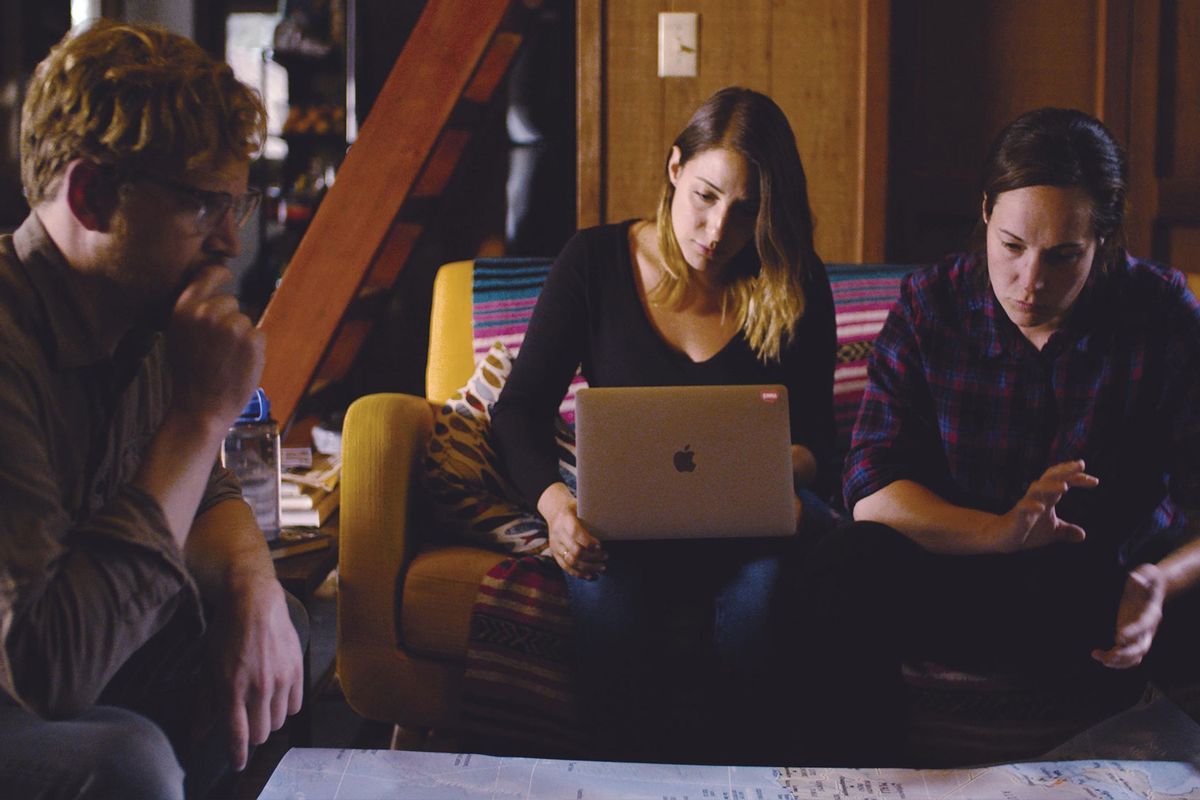
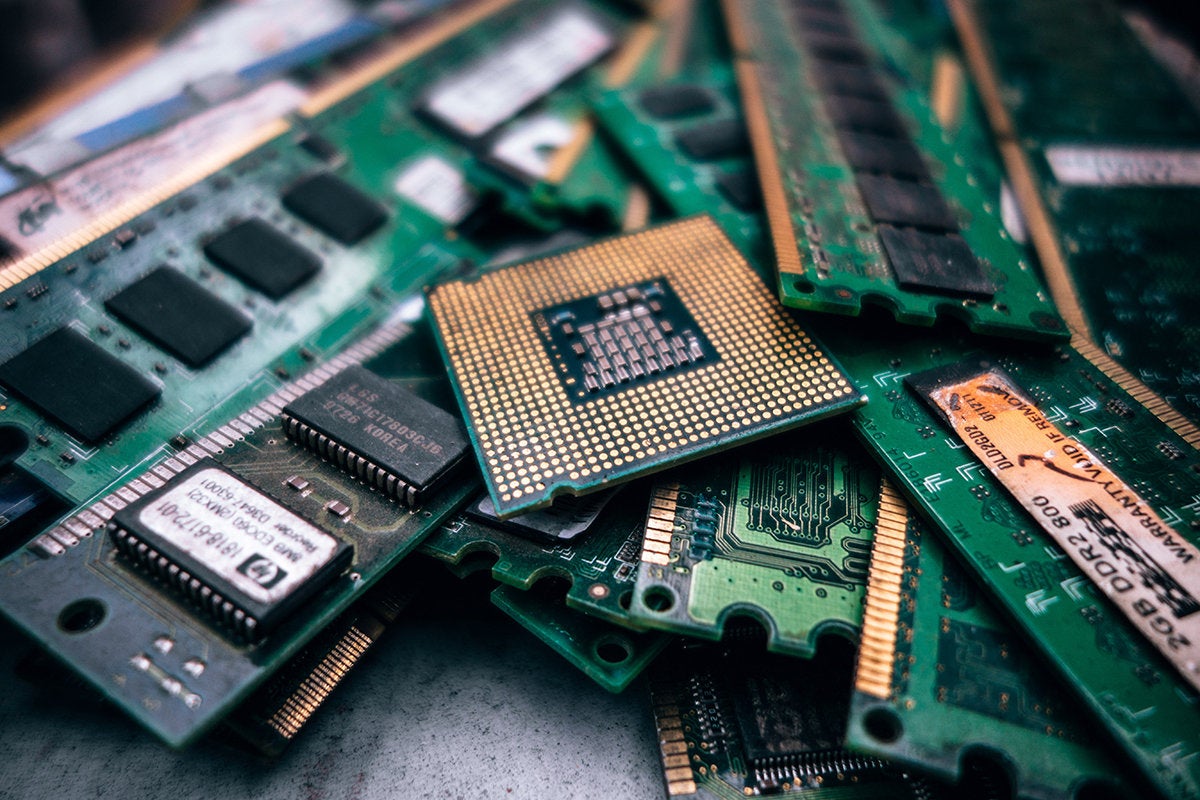
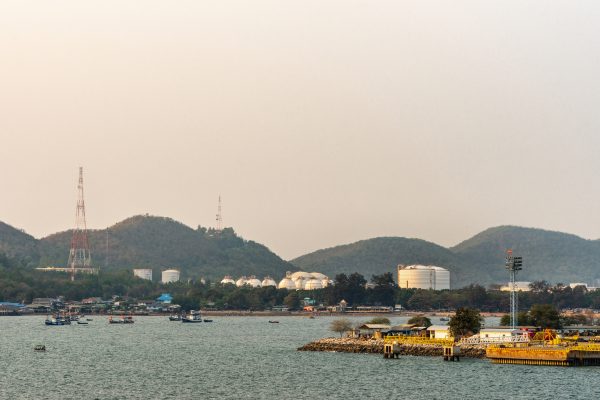
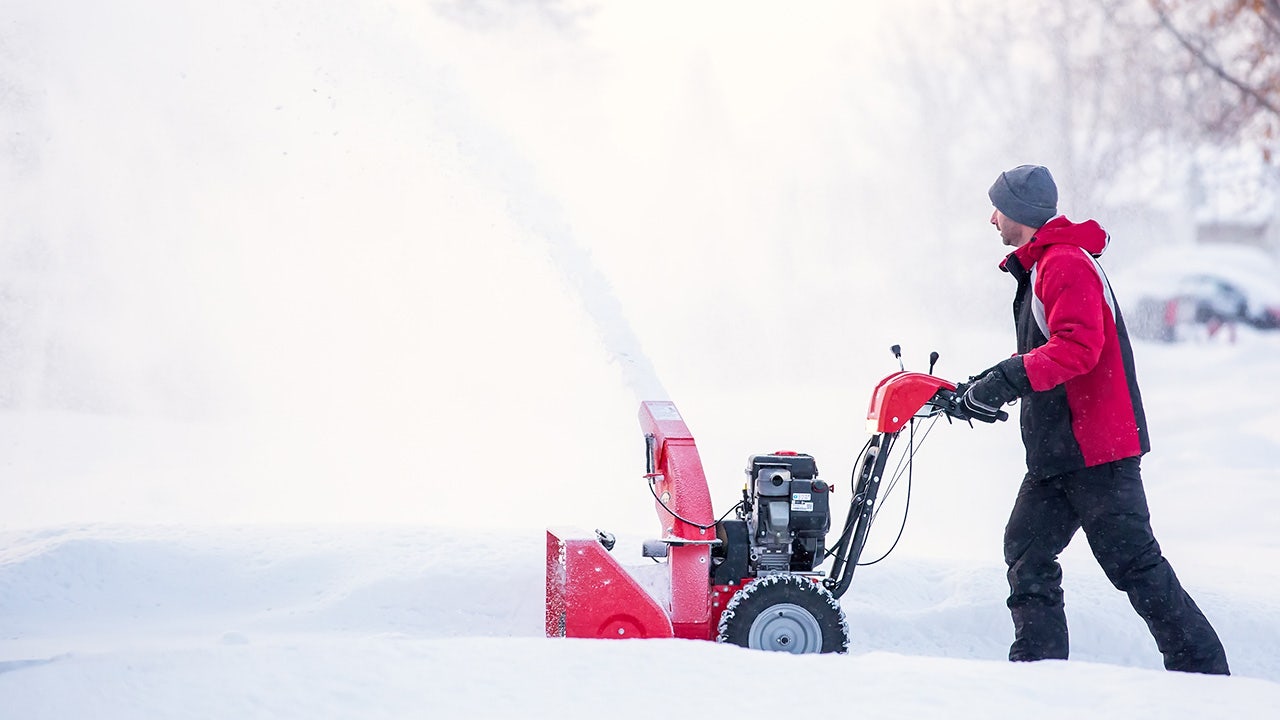

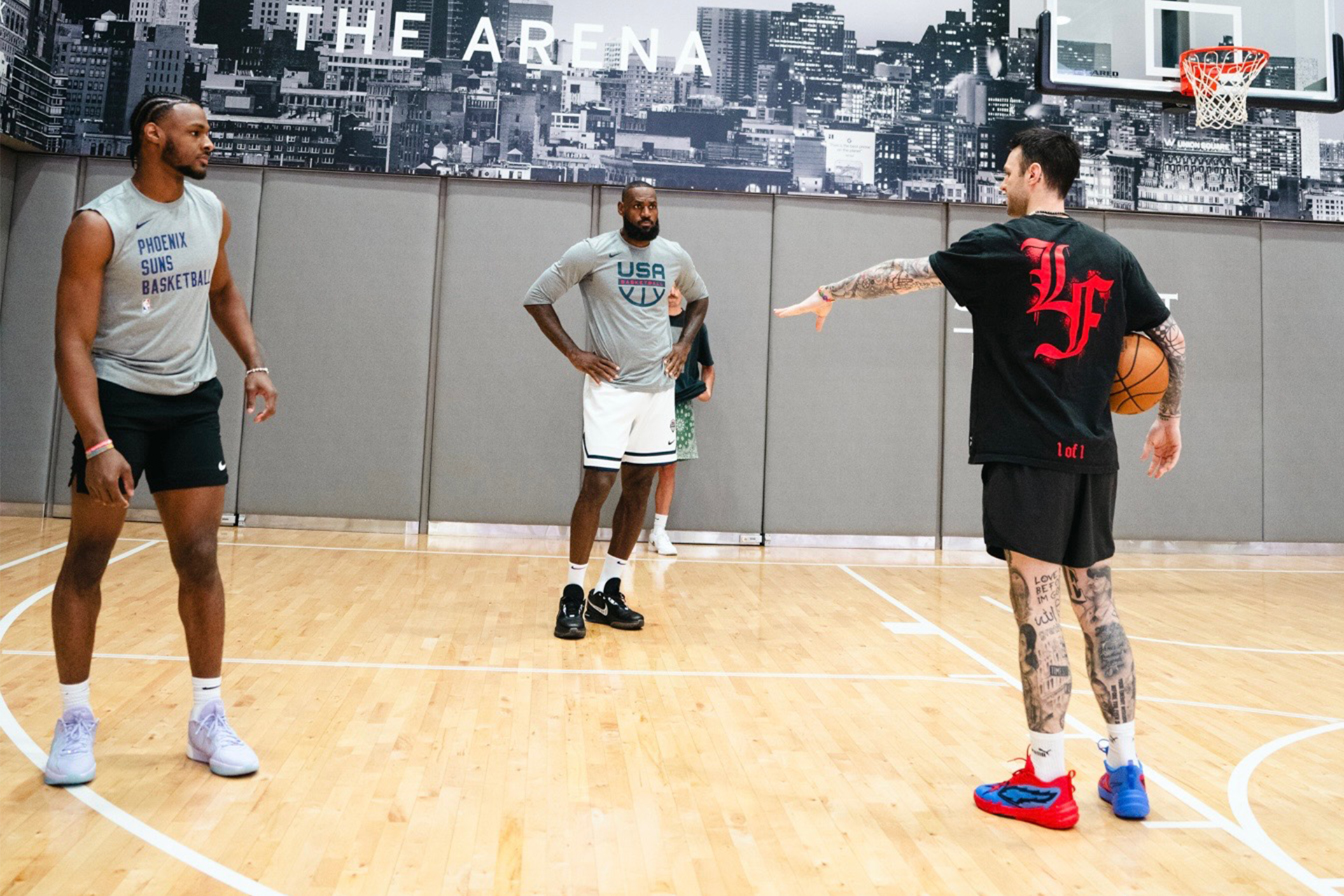

Discussion about this post